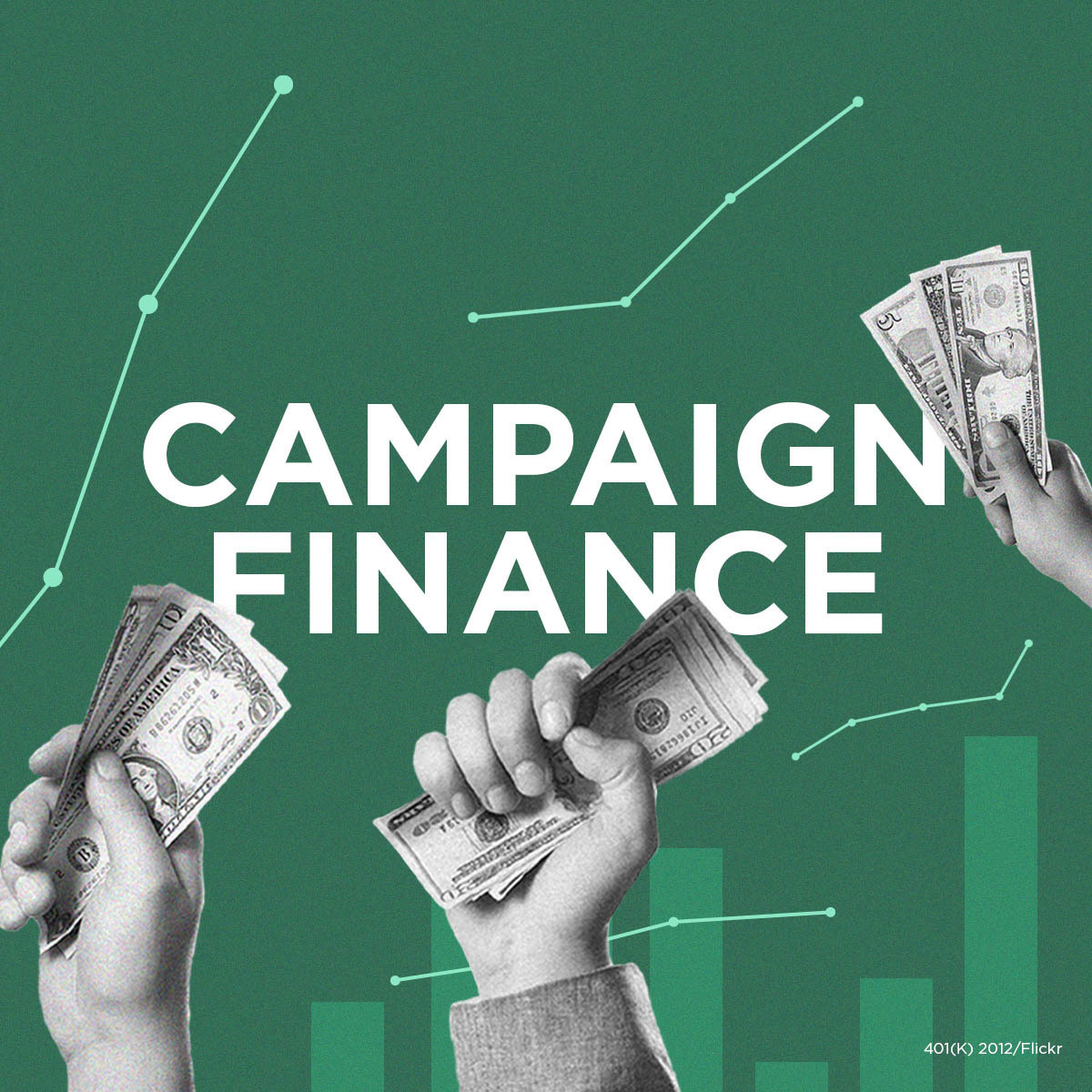OCTOBER 27, 2022 – Back in politically ancient times, campaign finance reform was an issue. It even rose to sufficient prominence to invite serious political debate, followed by meaningful legislation, most notably BCRA (“Bipartisan Campaign Reform Act of 2002”) popularly known as the “Feingold – McCain Act”). In olden times, as in any era of our history, political rancor was standard fare, just as blocking and tackling have always been an integral part of American football. But in years of yore, Wisconsin wasn’t so full of Rednecks that it couldn’t elect a liberal like Russ Feingold, and Arizona wasn’t home to so many soul-selling conspiracists that it couldn’t elect a (Republican) war hero like John McCain. And Congress wasn’t so bitterly partisan that it couldn’t pass substantive, bi-partisan legislation.
Of course, a series of Supreme Court decisions gutted BCRA, and today, campaign finance reform is deader than John McCain. (Feingold, a scholar and a gentleman by any measure, liberal or conservative, was defeated, astonishingly, by Ron Johnson, who is neither a scholar nor a gentleman.)
In 2007—three years before the decision in Citizens United—Al Gore published The Assault on Reason. It was a powerfully analytical and well-articulated critique of American politics, and one key element, I remember, was the corrosive and corrupting effect of big money. Say what you wish about Mr. Gore policy positions, but his probative work about our system hit the bullseye—repeatedly.
Yesterday evening my wife and I watched the local TV news, only to be blasted by campaign ads. They were less reliable or informative than a highway billboard proclaiming in flaming red letters on a bright orange background, “WENDY’S BAD!” with a pair of tiny yellow arches in the lower lefthand corner and a Halloween witch on a broomstick flying toward the upper righthand corner.
As we were battered by outrageous claims and unflattering, highly manipulated images, I recalled The Assault on Reason. I also pondered a much older indictment of the American electoral system.
The year was 1991 and the occasion was the Mondale Forum at the University of Minnesota – Hubert Humphrey Center for Public Policy. I’d been chosen as a fellow for that year’s program—along with Amy Klobuchar, who went on to bigger and greater ambitions, and Steve Schier, a political science/international affairs prof at Carleton College, who was/is widely published and a nation-wide featured commentator on political matters. The topic for that year’s program was, “The Problem with American Politics.”
The keynote speaker at the initial session of the 1991 Forum was Thomas Eagleton, former U.S. Senator from Missouri and George McGovern’s initial choice for VP. From the very outset of Eagleton’s speech, he established himself as a genuine intellect (he was a graduate of Amherst College and Harvard Law School; later, a professor at Washington University), a down-to-earth character, and a highly experienced and insightful politician. Among many other interesting points and anecdotes, he described the impetus for his retirement. I remember nearly verbatim, his conclusion, after he’d summarized the unending need to raise money for the next campaign. (Cont.)
(Remember to subscribe to this blog and receive notifications of new posts by email.)
© 2022 by Eric Nilsson
